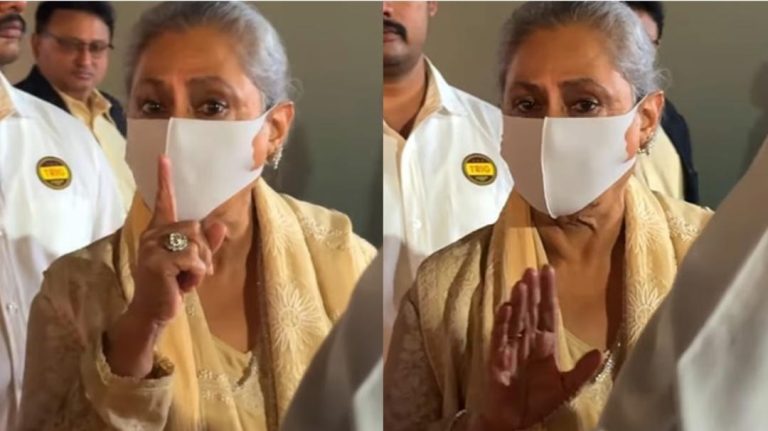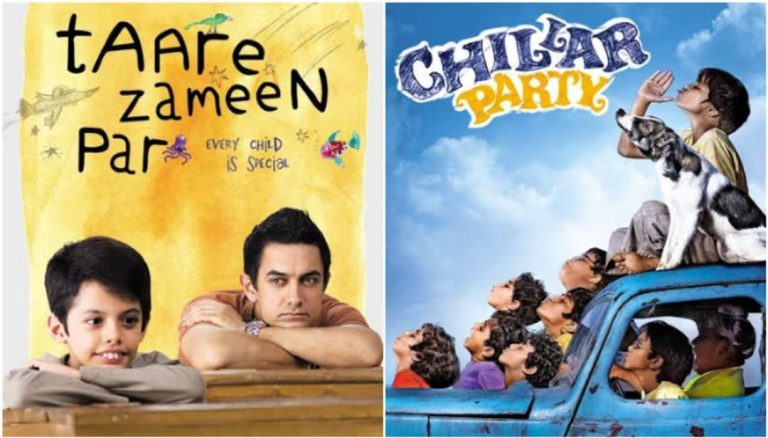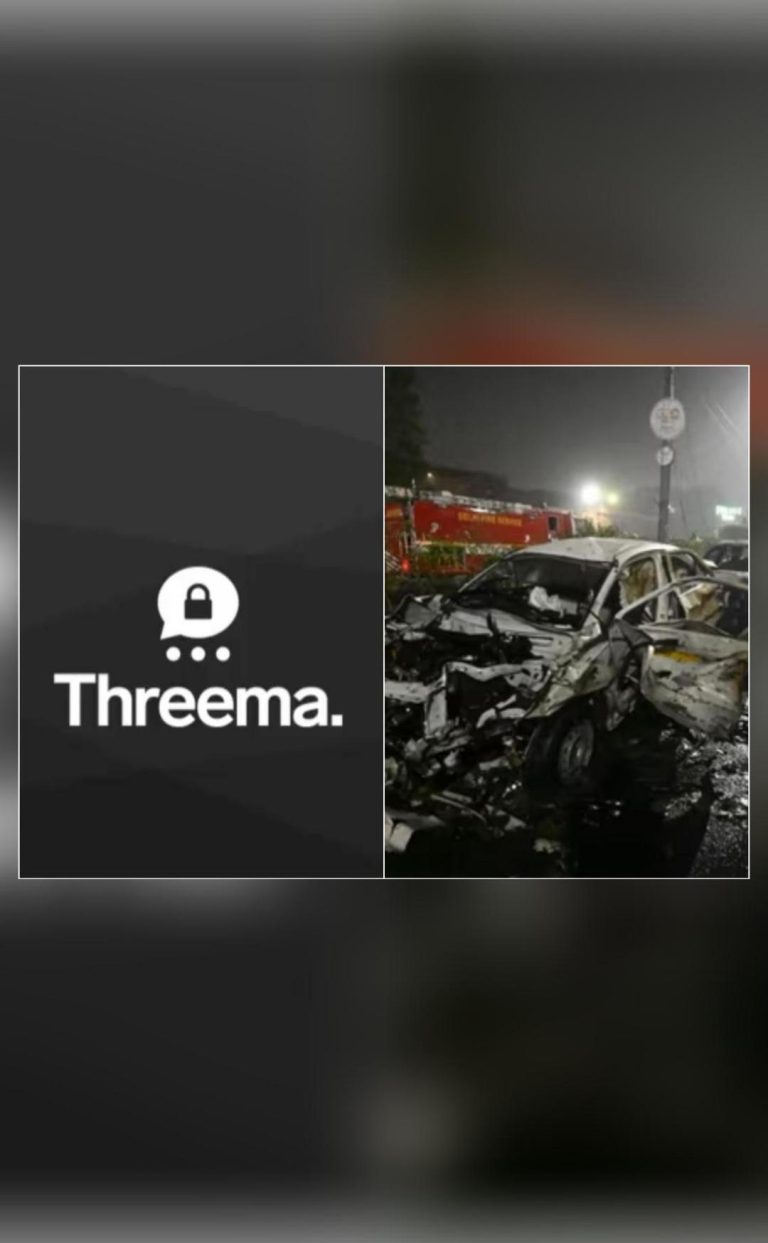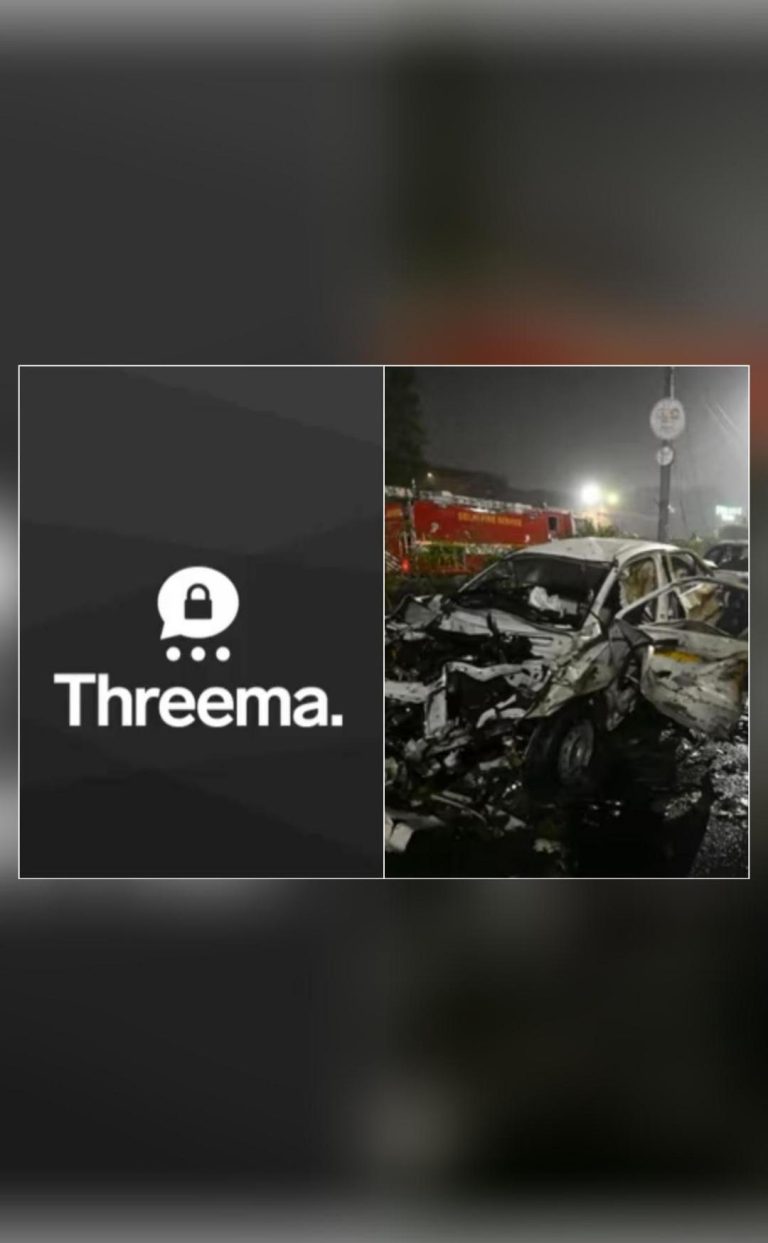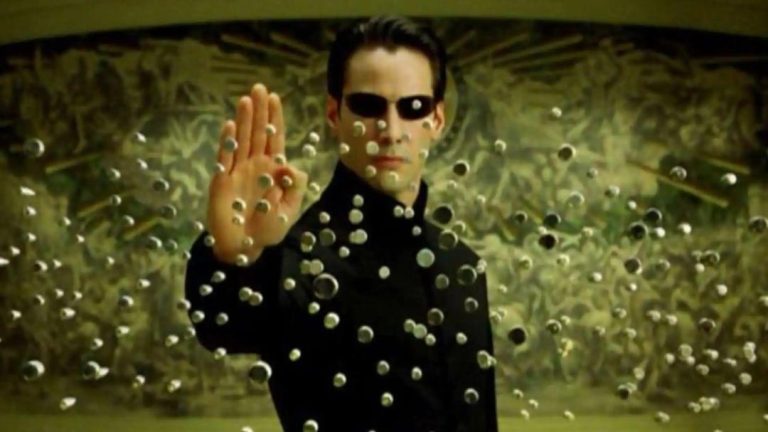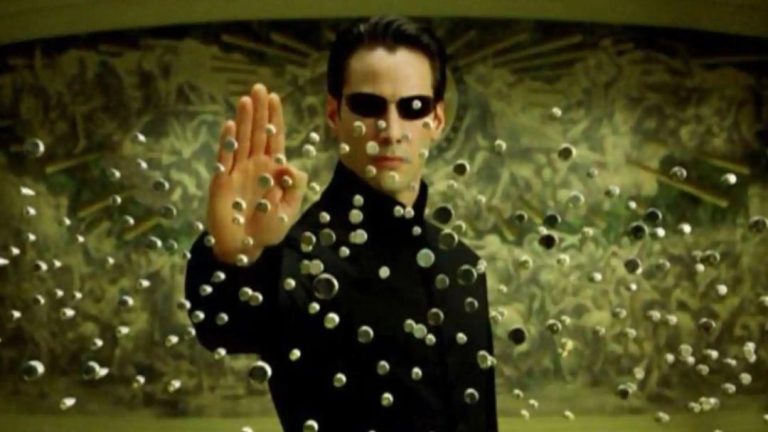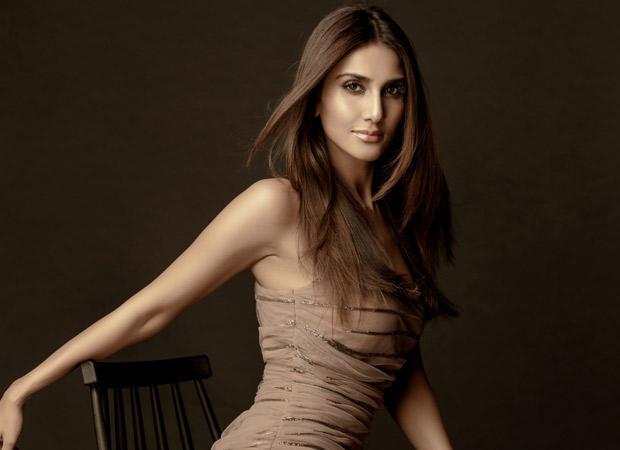
Don’t get volatile behaviour: Vaani on censorship and cancel culture
The recent ban on the release of ‘Abir Gulaal’ in India has sparked a heated debate on censorship and cancel culture in the film industry. Amidst the controversy, actress Vaani Kapoor has spoken out about the restrictions imposed on artists, stating that censorship and cancel culture restrict their freedom to explore new ideas.
Vaani, who has been vocal about her views on social media, expressed her concerns about the current state of the industry, saying, “This cancel culture, say one thing wrong, there are calls for cancel and boycott. I don’t get that volatile behaviour.” Her comments come at a time when the film industry is grappling with the consequences of cancel culture, where artists are often held accountable for their past mistakes or perceived wrongdoings.
The actress went on to emphasize that artists should be given the creative freedom to make mistakes and learn from them, rather than being ostracized or boycotted. “I’m not into censorship, because it sets boundaries for artists. We need to be able to explore new ideas and take risks,” she added.
Vaani’s sentiments are echoed by many in the industry, who believe that censorship and cancel culture stifle creativity and innovation. The recent controversy surrounding ‘Abir Gulaal’ is a prime example of how a film can be banned without proper justification, leaving the artists involved feeling frustrated and disappointed.
The film’s director, Abir Sengupta, had faced backlash on social media after a section of the audience felt that the film’s content was inappropriate. Despite the controversy, the film’s producers had claimed that the movie had been cleared by the censor board and was ready for release.
However, the ban on the film’s release has raised questions about the need for censorship and the impact it has on the film industry. Many argue that censorship is necessary to ensure that films do not promote violence, obscenity, or other forms of harm. However, others believe that censorship can be overly broad and can lead to the suppression of artistic expression.
Vaani’s comments on cancel culture are also relevant in the context of the recent controversies surrounding several high-profile celebrities. The actress believes that artists should be given the benefit of the doubt and not be hastily judged based on a single mistake.
“We are human beings, we make mistakes. We should be allowed to learn from them and move forward. This cancel culture is not the answer,” she said. Her comments are a stark reminder of the importance of nuanced and thoughtful discussions about social issues, rather than resorting to quick fixes and knee-jerk reactions.
The debate on censorship and cancel culture is far from over, and it remains to be seen how the film industry will respond to these challenges. However, Vaani’s words of caution serve as a timely reminder of the need for balance and understanding in our approach to artistic expression.
In conclusion, Vaani’s comments on censorship and cancel culture highlight the need for a more nuanced and thoughtful approach to these issues. The film industry is not a utopia, and there will always be controversies and disagreements. However, by engaging in constructive discussions and promoting a culture of understanding and tolerance, we can create a more inclusive and creative environment for artists to thrive.
